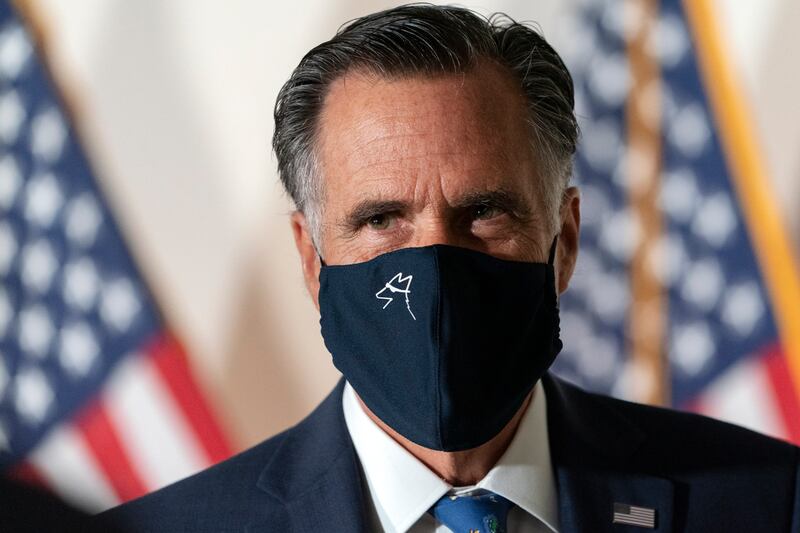SALT LAKE CITY — Allowing star college athletes to earn money on their name, image and likeness could come at the expense of other athletes on campus who don’t have the same earning potential.
Utah State University athletic director John Hartwell told a Senate committee Tuesday that agreements with Nike or Under Armour provide all members of a team with shoes and clothing. But he said that would be cut back if those companies made deals with high-profile players such as former USU quarterback Jordan Love, now with the Green Bay Packers.
“If they were allowed to do individual deals ... we would have a select few student-athletes who would be able to command those types of revenues and in all likelihood as it relates to a footwear and apparel company, they would diminish the amount they were providing to the institution and instead funnel it to that individual who they thought had the greatest opportunity to go forward and be professional and have a greater return on that investment,” Hartwell said.
Hartwell was among the panelists at a Senate Health, Education, Labor and Pensions Committee hearing exploring the potential impacts compensating college athletes would have on players and institutions.
Sen. Mitt Romney, R-Utah, said his biggest concern is for the 98% of college athletes who work as hard at their sports as the star players but won’t have professional careers. Only about 2% or 9,000 of the 460,000 athletes in NCAA sports go on to the pros.
“It seems unfair that they have to endure the kind of sacrifice that they carry out without the prospect of additional compensation,” he said.
Romney said the NCAA has told him that paying each team member would in effect make them employees under federal law and subject the schools to employment regulations. The NCAA went to Congress for help in resolving the compensation issue because it runs up against federal regulations, he said.
“Obviously, the colleges are not interested in having the athletes become union members to be subject to employment law, wrongful termination, age discrimination, all the sorts of things that would make it very difficult to run an athletic program,” he said.
Romney suggested capping the amount individual athletes could make on their name, image and likeness at $50,000.
Rebecca Blank, chancellor of the University of Wisconsin, told Romney she would oppose that because it would lead to a pay-for-play system. The main takeaway for an athlete is a college degree, she said.
“It’s not about coming here to earn money and to be an employee,” she said.
Hartwell, too, cautioned against college sports becoming pay-for-play but he said the ability for athletes to profit “makes total sense.” He also warned that recruiting violations could increase dramatically.
Congress, he said, must pass “swift, preemptive” legislation to head off a patchwork of state laws set to go into effect next summer. At least four states have passed bills regarding college athlete pay and 30 more are considering a variety of measures.
Sen. Chris Murphy, D-Conn., said college sports is the only multibillion-dollar industry in the country where the employers are allowed to collude in order to fix the wages of the majority of their employees.
“We can say that athletes should be happy with the cost of tuition, but that’s not how the free market works,” he said. “To me, it’s just pretty rich to hear a coach who is making $5 million a year tell his athletes that they should be OK simply with the cost of tuition.”
Committee Chairman Lamar Alexander, R-Tenn., said college athletes should not be on the payroll or treated like hired hands. He said compensation individual athletes get from commercial enterprises should go back to the school to benefit the entire team. If athletes want to keep the money themselves, they should turn pro, he said.
Alexander, a former college track athlete and university president, said that saves some of the “awkwardness” of a center who’s getting nothing snapping the ball to a quarterback making $500,000.
Congress should act in a limited way to create a national framework governing college athlete compensation but allow the NCAA to write the rules, he said.
Sen. Rand Paul, R-Ky., said the federal government shouldn’t he involved at all. He said it should be left to the NCAA.
“It’s terrible, rotten, no good idea to federalize college sports,” Paul said.


 alt=Dennis Romboy
alt=Dennis Romboy